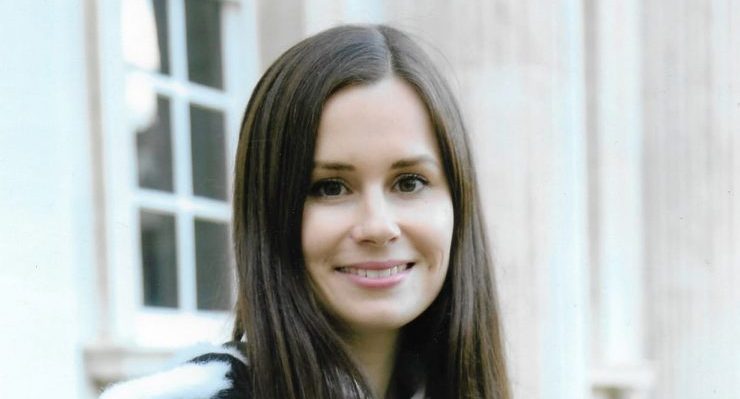
Allegations of torture, solitary confinement and suicide attempts by Kylie Moore-Gilbert have quickly been shut down by her family as the Australian-British academic faces her 20th month in prison.
Convicted of espionage in a secret trial, Moore-Gilbert has been sentenced to 10 years in Evin prison.
Both her family and the Department of Foreign Affairs (DFAT) have kept quiet about her case amid speculation of a potential prisoner swap.
University of Sydney international security expert Gil Merom told Crikey Iran had a history of using prisoners as bargaining chips.
“On the face of it, there’s no reason for her arrest, there’s no evidence. I suspect that it’s extortion, they can bargain with her,” he said.
In October, Australia returned Reza Dehbashi Kivi, a student jailed for allegedly trying to export military-detecting equipment from the US to Iran, in an apparent exchange for two Australian travellers.
Despite tensions between the two countries, the US also traded inmates with Iran in December, swapping an American graduate student with an Iranian scientist.
Without prisoners to swap, Merom said Iran may ask Australia to pressure allies into a deal. Iran recently called for a prisoner swap with the US amid concerns for the health and safety of Iranian detainees during the coronavirus pandemic.
He said the silence from both DFAT and Australian academics had been notable.
“The question is, what do they (Iran) want to get out of it, and do they want to craft a deal. Everything else is background,” he said. “The Australian government has to find out what is the right deal.”
The allegations of torture and abuse of Moore-Gilbert stem from a Facebook post by a fellow inmate’s husband, Reza Khandan. Khandan is a human rights campaigner and a former inmate of Evin prison, where Moore-Gilbert is being held. His wife, Nasrin Sotoudeh, is a prominent Iranian human rights lawyer. She is also currently detained in Evin prison.
In a public Facebook post, Khandan said Moore-Gilbert had been kept in isolation with limited communication to the outside world. He alleged she had been denied money to purchase necessities from the prison store and had attempted suicide three times. Khandan didn’t respond to Crikey’s questions.
DFAT doesn’t accept the spying charges against Moore-Gilbert. But it isn’t keen to talk about the case in public. In a statement, it said:
We continue to believe that the best way to secure a successful outcome is through diplomatic channels and not through the media. Dr Moore-Gilbert’s case is one of our highest priorities … We do not accept the charges upon which Dr Moore-Gilbert was convicted and continue all efforts to have her returned to Australia as soon as possible.
Foreign minister Marise Payne has raised the case with Iran’s foreign minister Jawad Zarif a number of times, both in person and in correspondence.
“We are doing everything we can to ensure the conditions of her imprisonment are the best they can be,” DFAT said.
The department did not respond to questions about access to medical care in the face of COVID-19.
In a statement, Moore-Gilbert’s family said she “seems to be in good health considering her situation”. DFAT agreed with the family about the torture allegations.
While DFAT believes closed-door diplomacy is the best approach, Peter Greste, an Australian journalist who was jailed in Egypt while working for Al Jazeera, said public outcry was key to securing his release.
“In our case, there was a lot of internal pressure and a loud volume of criticism. Public pressure meant politicians could speak with authority, with the weight of public opinion behind them. Diplomats had diplomatic leverage,” he said.
“It made it a high profile case, and a high priority for human rights agencies. I’m convinced our situation in prison was better than it otherwise could have been.”








Meanwhile, our fellow citizen, JULIAN ASSANGE, cruelly imprisoned and tortured for many years, gets virtually no attention from Government or Media in his homeland. What is wrong with us that we can be so hypocritical?
I have my doubts about Greste’s view. Iran has been tagged and demeaned with pariah status by the US and sees us as their lackeys. Egypt has internal politics as unpleasant as any in the region but otherwise maintains pretty good international relations. Greste’s method was viable for Egypt but will get nowhere with Iran.
Greste’s release could have been made because President Abdul Fattah al-Sisi and Egypt was back under US control.
Is Greste’s opinion worth anything?
Perhaps he could do an in depth report on Assange’s totally political persecution?